This guide provides a comprehensive list of F1 visa interview questions and answers in PDF format, offering detailed explanations, sample responses, and expert tips to ensure preparation.
1.1 Overview of F1 Visa Interview Process
The F1 visa interview process involves several steps, including submitting Form DS-160, paying the visa fee, and attending the interview at a U.S. embassy or consulate. Applicants must arrive early, present required documents, and answer questions openly. The consular officer assesses the applicant’s eligibility, focusing on their study plans, financial stability, and intent to return home after completing studies. Honest and confident responses are crucial, as the officer evaluates the applicant’s credibility and genuine student status. Proper preparation and organization of documents ensure a smooth process, increasing the likelihood of approval.
1.2 Importance of Preparing for the Interview
Preparation is essential for a successful F1 visa interview, as it helps applicants organize required documents, understand common questions, and present their study plans clearly. Proper preparation reduces anxiety, ensuring confident and honest responses. It also demonstrates seriousness about education and future goals. Without adequate preparation, applicants risk appearing unorganized or unclear, which may lead to rejection. By reviewing potential questions and practicing answers, applicants can highlight their academic intentions and financial stability, increasing their chances of approval and ensuring a smooth process.
1.3 Benefits of Using a PDF Guide
A PDF guide for F1 visa interview questions and answers provides a structured approach to preparation, offering a comprehensive list of potential questions and sample responses. It helps applicants organize their thoughts, ensuring clarity and confidence during the interview. The guide also includes tips for impressing visa officers and avoiding common mistakes. By tailoring responses to individual profiles, it enhances the likelihood of approval. Accessible and easy to use, the PDF format allows applicants to review and practice anytime, reducing anxiety and improving readiness for the interview process.

Common Categories of F1 Visa Interview Questions
F1 visa interview questions are categorized into five key areas: study plans, university selection, financial stability, post-graduation intentions, and academic background. These categories help applicants prepare effectively.
2.1 Study Plans and Academic Goals
Questions about study plans and academic goals are crucial in an F1 visa interview. Officers assess your clarity and seriousness about studying in the U.S. Be prepared to explain why you chose your specific program, how it aligns with your career aspirations, and what you plan to achieve during your studies. Examples include, “Why did you select this program?” or “How does this degree fit into your future plans?” Demonstrating a clear vision and genuine interest in your field is essential. The guide provides sample answers and tips to help you articulate your academic objectives confidently.
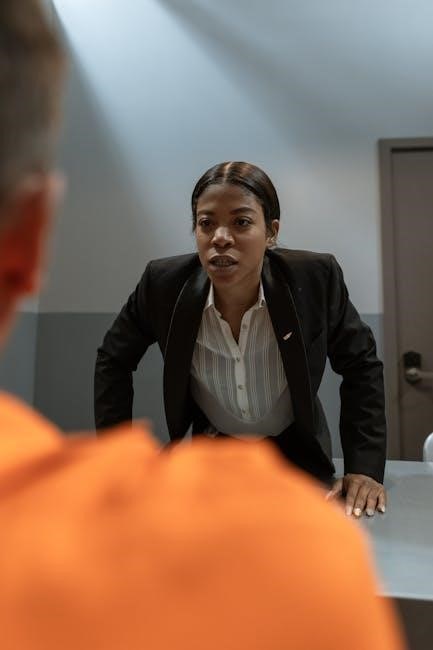
2.2 Choice of University and Program
Interview questions often focus on why you chose your specific university and program. Be ready to explain factors like program reputation, curriculum alignment with your interests, and unique opportunities offered. You may also be asked about your research on the institution and how it stands out from others. Demonstrating knowledge about the university’s strengths and how they match your academic and career goals is key. The guide provides sample answers and strategies to address these questions effectively, ensuring you convey a well-thought-out decision-making process.
2.3 Financial Stability and Funding Sources
Questions about financial stability and funding sources are critical during the F1 visa interview. You may be asked to provide proof of sufficient funds to cover tuition, living expenses, and other costs. Be prepared to explain your funding sources, such as scholarships, personal savings, or sponsorships. Discussing your ability to support yourself without relying on unauthorized employment is essential. The guide offers sample responses and tips on how to clearly present your financial situation, ensuring transparency and confidence in your ability to manage expenses while studying in the U.S.
2.4 Post-Graduation Plans and Intentions
During the F1 visa interview, you may be asked about your plans after graduation. Be prepared to discuss your intentions, such as returning to your home country to work or pursue further education. Clearly articulate how your studies in the U.S. align with your long-term career goals. Demonstrating a strong connection to your home country and a clear vision for the future can strengthen your application. The guide provides sample answers and tips to help you present your post-graduation plans confidently and persuasively, ensuring alignment with visa requirements and expectations.

Sample Questions and Answers
This section provides a collection of sample F1 visa interview questions and answers, categorized by topics like study plans, financial stability, and post-graduation intentions, to help applicants prepare effectively.
3.1 General Questions About Study Plans
General questions about study plans are common in F1 visa interviews. Applicants are often asked about their academic goals, reasons for choosing a specific program, and how their studies align with future career plans. For example, “Why did you choose this program?” or “How does this program relate to your career aspirations?” The PDF guide provides sample answers and tips to help candidates articulate their study plans clearly and confidently. Being specific and demonstrating genuine intent to study is crucial for a positive impression.

3.2 Detailed Questions About University Selection
During the F1 visa interview, detailed questions about university selection are frequently asked. Applicants may be queried about why they chose a specific institution, how they learned about the program, and what factors influenced their decision. For example, “Why did you select this university over others?” or “What makes this program unique?” The PDF guide provides sample answers and strategies to address these questions effectively. Applicants should emphasize academic reputation, program specifics, and alignment with their career goals to demonstrate thoughtful planning and genuine intent to study in the U.S.
3.3 Financial-Related Questions and Responses
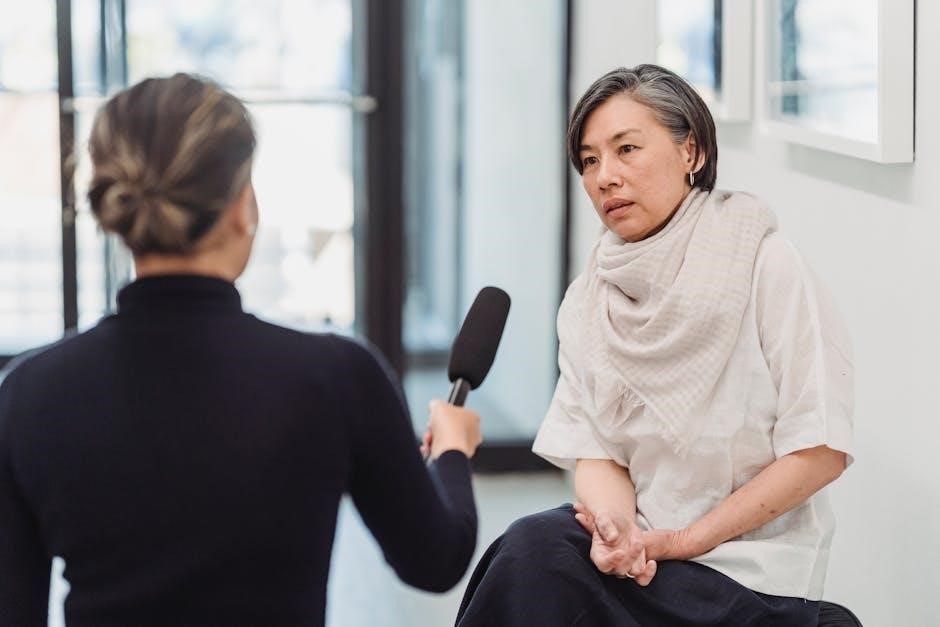
Financial-related questions are critical in F1 visa interviews to ensure applicants can support themselves in the U.S. Common questions include, “How will you fund your education?” or “What is your annual tuition fee?” Applicants must provide detailed responses, supported by documents like I-20 forms, bank statements, and scholarship letters. The PDF guide offers sample answers, such as explaining sources of funding, family support, or personal savings; Demonstrating financial stability is essential to prove that you can cover tuition, living expenses, and other costs without violating visa terms by working illegally.
3.4 Post-Graduation Plan Examples
Post-graduation plans are often discussed during F1 visa interviews to assess applicants’ intentions. Common questions include, “What are your plans after completing your studies?” or “Do you intend to return to your home country?” The PDF guide provides examples of responses, such as plans to work in your home country, pursue a career in your field, or return for further education. It also includes tips on how to align your answers with your profile and the non-immigrant nature of the F1 visa. Being honest and clear about your future goals is crucial for a successful interview.
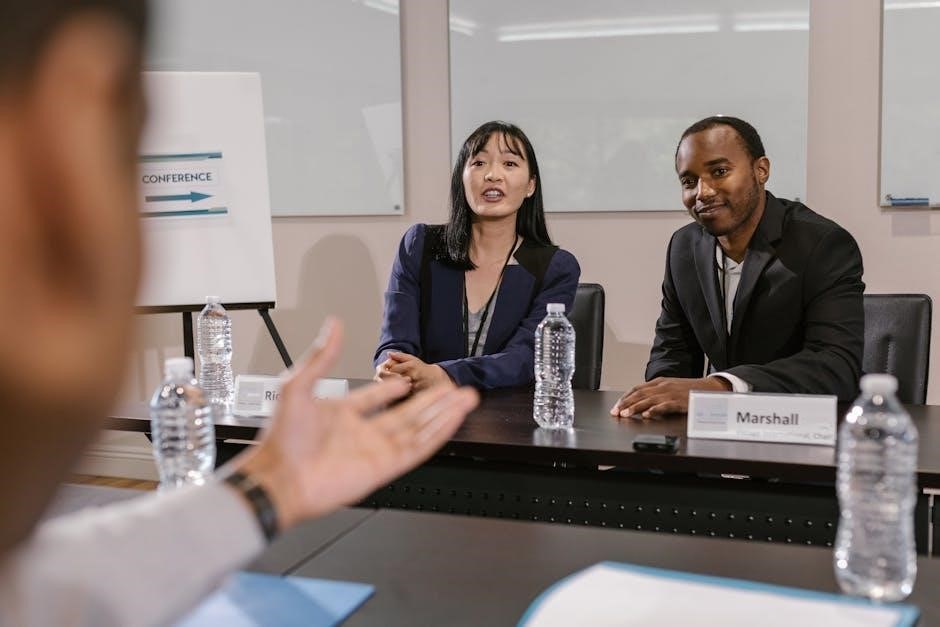
Tips for a Successful F1 Visa Interview
Prepare thoroughly, arrive early, and present documents neatly. Be honest, confident, and calm. Dress professionally and maintain eye contact to leave a positive impression.
4.1 How to Impress the Visa Officer
To impress the visa officer, maintain confidence and honesty throughout the interview. Dress professionally, arrive early, and ensure all documents are organized and readily available. Be clear and concise in your responses, highlighting your genuine intent to study and return home after completing your program. Show enthusiasm for your academic goals and demonstrate a strong understanding of your chosen program and university. Avoid nervousness by practicing common questions beforehand. A polite demeanor, eye contact, and a well-prepared presentation of documents will leave a positive impression.
4.2 Common Mistakes to Avoid
Common mistakes to avoid during the F1 visa interview include being poorly prepared, providing inconsistent or vague answers, and failing to demonstrate clear academic or career goals. Avoid appearing disorganized or dishonest, as this can raise concerns about your intentions. Ensure all documents are complete and easily accessible. Do not memorize answers; instead, practice articulating your thoughts naturally. Avoid negative remarks about your home country or overly ambitious plans that may seem unrealistic. Being nervous is understandable, but staying calm and focused will help you present yourself confidently.
4.3 Role of Confidence and Honesty
Confidence and honesty are crucial during the F1 visa interview. Presenting your goals and plans clearly demonstrates seriousness and preparedness. Avoid exaggeration or misrepresentation, as honesty builds trust with the visa officer. Being transparent about your academic background, financial status, and post-graduation intentions is essential. Confidence shows self-assurance, while dishonesty can lead to rejection or future complications. Maintain eye contact, speak clearly, and provide straightforward answers to create a positive impression. Authenticity and self-assurance are key to a successful interview.
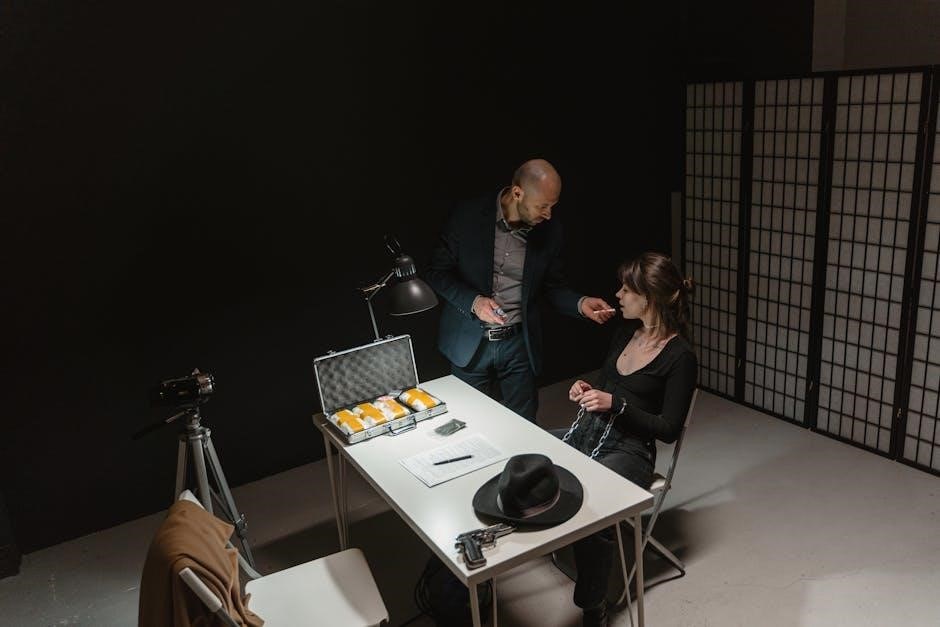
Required Documents for the Interview
Essential documents include your passport, I-20 form, SEVIS fee receipt, financial proof, admission letter, and DS-160 confirmation. Organize them neatly for a smooth process.
5.1 List of Mandatory Documents
To ensure a smooth F1 visa interview, gather all mandatory documents. These include a valid passport, I-20 form, SEVIS fee receipt, DS-160 confirmation page, financial proof (bank statements, scholarships, or sponsor letters), admission letter from the university, and a visa fee receipt. Additional documents like academic transcripts, TOEFL/GRE scores, and proof of work experience (if applicable) may also be required. Organize these documents neatly and ensure all information is up-to-date and accurate. Double-checking each item beforehand can help avoid delays or issues during the interview process.
5.2 Additional Supporting Documents
While not mandatory, including additional supporting documents can strengthen your F1 visa application. These may include academic transcripts, TOEFL/IELTS or GRE/GMAT scores, letters of recommendation, and proof of work experience or internships. If applicable, provide travel itineraries, accommodation details, or a letter explaining your travel plans. Including documents like property deeds or employment verification for sponsors can also demonstrate financial stability. Marriage certificates or birth certificates for dependents may be required if applicable. These documents help build a comprehensive profile and address potential concerns during the interview.
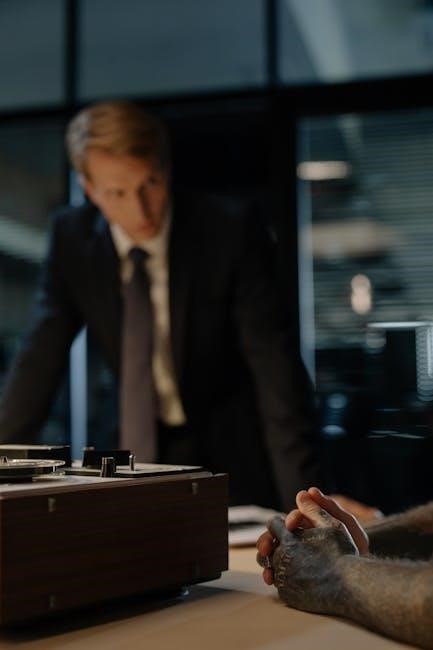
Post-Interview Procedures
After the interview, wait for visa approval. Once approved, collect your passport and review visa details. Prepare for departure, ensuring all travel documents are in order.
6.1 Understanding Visa Approval Process
After the interview, the visa officer will review your application and may approve or deny it. If approved, your passport will be stamped with the F1 visa. Typically, processing takes a few days, but this can vary. Once approved, you’ll receive your passport via courier. Ensure all details on the visa are correct. You can then plan your travel to the U.S., ensuring you arrive no more than 30 days before your program start date. Keep your visa documents safe, as they are essential for entry and maintaining your student status.
6.2 What to Do After Receiving the Visa
After receiving your F1 visa, carefully review it for accuracy and contact the embassy if corrections are needed. Plan your travel to the U.S., ensuring arrival no earlier than 30 days before your program start date. Carry essential documents like your passport, I-20 form, and financial proof. Upon arrival, familiarize yourself with local customs, housing, and banking. Attend the university’s orientation and comply with health insurance requirements. Notify your university of your travel plans to ensure a smooth transition and seek support from the international student office if needed.
This guide provides a thorough preparation toolkit, ensuring applicants are well-equipped to navigate the F1 visa interview process with confidence and clarity.
7.1 Final Thoughts on Preparation
Thorough preparation is key to a successful F1 visa interview. Reviewing common questions, practicing responses, and organizing documents ensures confidence. Honesty and clarity in answers demonstrate genuine intent. Understanding the visa process, financial stability, and academic goals is crucial. Applicants should focus on showcasing clear study plans and post-graduation intentions. Confidence, positivity, and a well-prepared mindset significantly enhance the likelihood of approval. Dedication to preparation reflects seriousness about the opportunity to study in the U.S., making a lasting impression on the visa officer.
7.2 Encouragement for Applicants
Applicants should remain confident and positive throughout the F1 visa process. Utilizing a comprehensive guide with common questions and sample answers can significantly ease nerves. Remember, the interview is an opportunity to showcase your goals and sincerity. Stay calm, be honest, and clearly articulate your plans. With proper preparation, you can confidently address all questions. Embrace this opportunity to pursue your academic and career aspirations in the U.S. Your dedication and thoughtful preparation will pave the way for a successful interview and a brighter future ahead.